Rylov’s Coach Critiques Backstroke Performances at 2024 Paris Olympics Without Russian Swimmers
Summary
Andrey Shishin, coach of Russian swimmers, expressed disappointment over the lackluster men’s backstroke results at the 2024 Paris Olympics, citing slower times than at Tokyo 2020 due to the absence of Russian competitors like Evgeny Rylov. With geopolitical tensions leading to bans on Russian athletes, only one swimmer competed under a neutral flag, impacting the overall competitiveness of the events. Evgenia Chikunova aims to focus on domestic competitions, hoping to eventually return to international arenas despite ongoing challenges.
Recently, Andrey Shishin, the coach of renowned Russian swimmers Evgeny Rylov and Evgenia Chupikova, expressed disappointment regarding the men’s backstroke performances at the 2024 Paris Olympics. Speaking to MatchTV, Shishin remarked, “It’s quite sad that both results in backstroke swimming were slower than at the last Olympics. Without our guys, the backstroke looked quite modest.” Rylov, a two-time gold medalist in the backstroke events at the Tokyo 2020 Olympics, along with Kliment Kolesnikov, who secured silver, were notably absent from Paris as Russian athletes were banned from the Olympics due to the ongoing conflict in Ukraine. While some athletes were allowed to compete under a neutral flag, only one Russian swimmer participated, as Rylov declined to sign a political declaration necessary for such eligibility. The absence of these key athletes was felt during the competitions, as evidenced by the slower times recorded in both backstroke events in Paris compared to the previous Olympics. The results were as follows: Rylov’s gold time of 51.98 seconds in the 100-meter backstroke at Tokyo was quicker than the winning time of Thomas Ceccon in Paris, which was 52.00 seconds. Similarly, in the 200-meter backstroke, Rylov’s 1:53.27 record was eclipsed by Hubert Kos’s winning time of 1:54.26 at the Paris Games. Shishin did acknowledge strong performances in other swimming disciplines, praising athletes such as Pan Zhanle and Léon Marchand for their achievements. Additionally, Evgenia Chikunova, another prominent Russian swimmer and world record holder, expressed intentions to focus on domestic competitions in light of the challenging international landscape. She indicated her desire to eventually return to global competitions but acknowledged the significant hurdles presented by the current situation. Meanwhile, Chikunova recently set a new world record in the 200-meter breaststroke, demonstrating her capabilities amidst the ongoing restrictions. In summary, the absence of Russian swimmers at the 2024 Paris Olympics significantly impacted the men’s backstroke events, leaving a void in competition that was highlighted by slower times compared to those achieved in Tokyo. With the geopolitical landscape affecting international sports, Russian swimmers are navigating uncharted waters in their athletic careers, with hopes for future participation in global events.
The context of this article is rooted in the geopolitical climate stemming from Russia’s conflict in Ukraine, which has led to the exclusion of Russian athletes from international competitions, including the Olympics. The fallout from this situation has left notable Russian swimmers such as Evgeny Rylov, a proven talent with multiple Olympic medals, unable to defend their titles and compete at the highest levels. As a result, the performances in events like the men’s backstroke have been diminished as key athletes are absent. This not only affects the competition’s integrity but also highlights the broader implications of politics in sports.
The 2024 Paris Olympics witnessed a noticeable dip in the depth of talent in the men’s backstroke events due to the absence of Russian athletes, particularly Evgeny Rylov and Kliment Kolesnikov, who were barred from competition. Andrey Shishin’s comments underscore the perceived modesty of the results in their absence, pointing to the challenges that athletes like Evgenia Chikunova face as they navigate their futures in competitive swimming. The competitions have thus highlighted the intricate relationship between sports and international politics, with ongoing debates about fairness and representation in athletics.
Original Source: swimswam.com
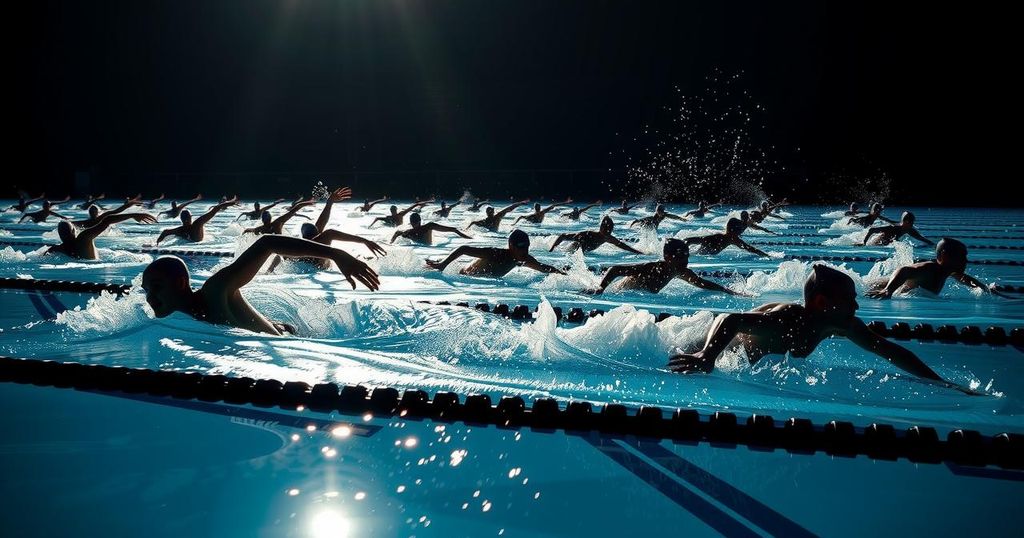
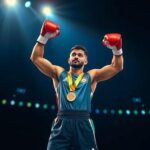
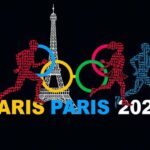


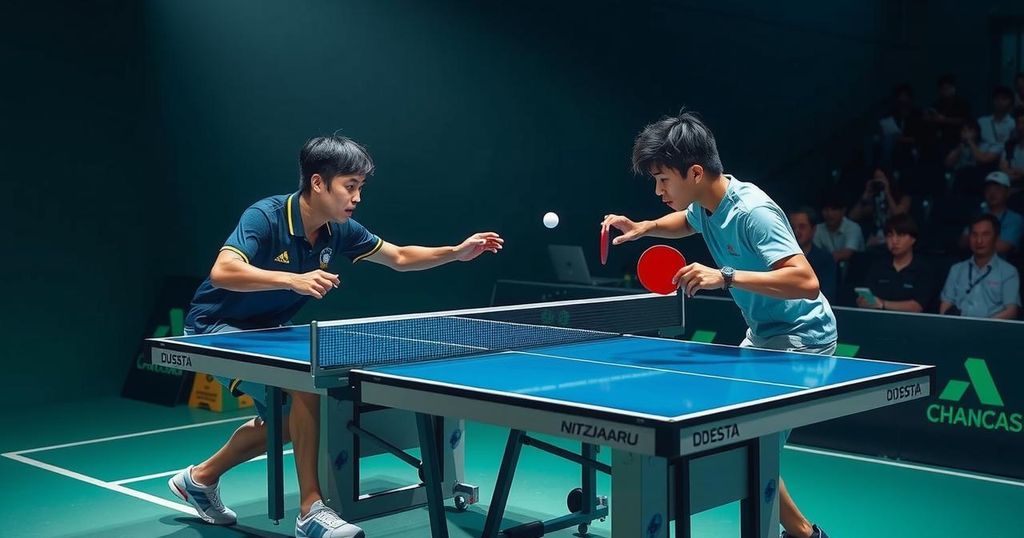
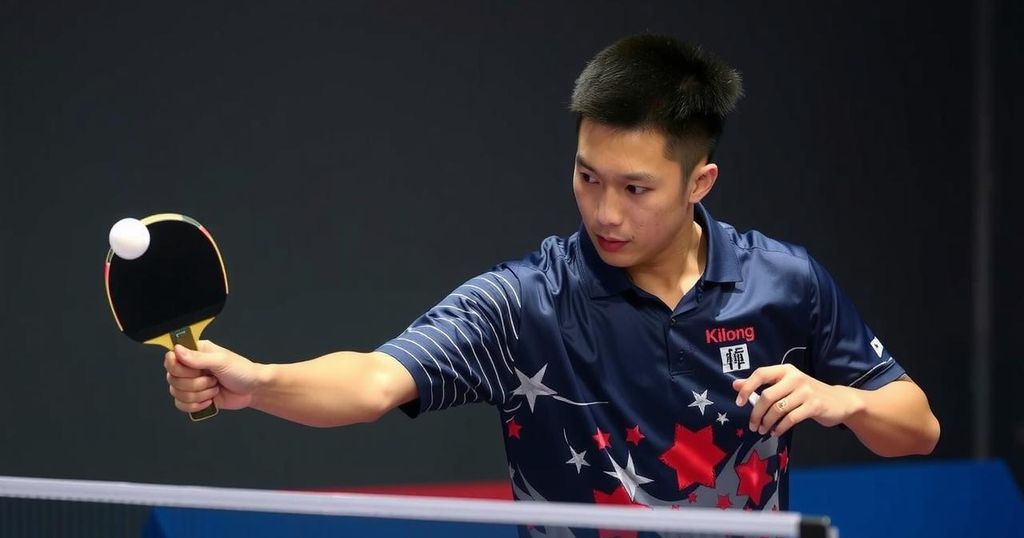
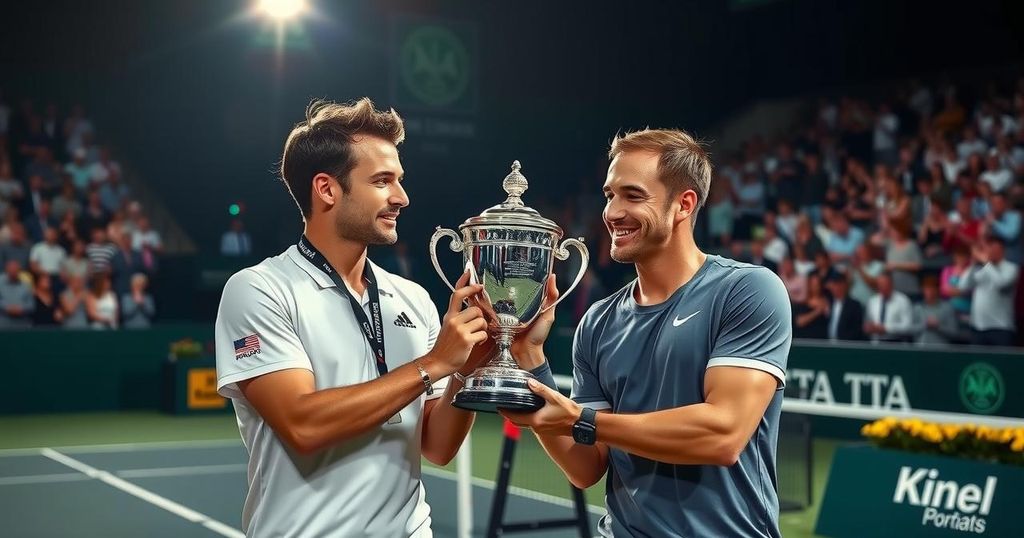
Post Comment